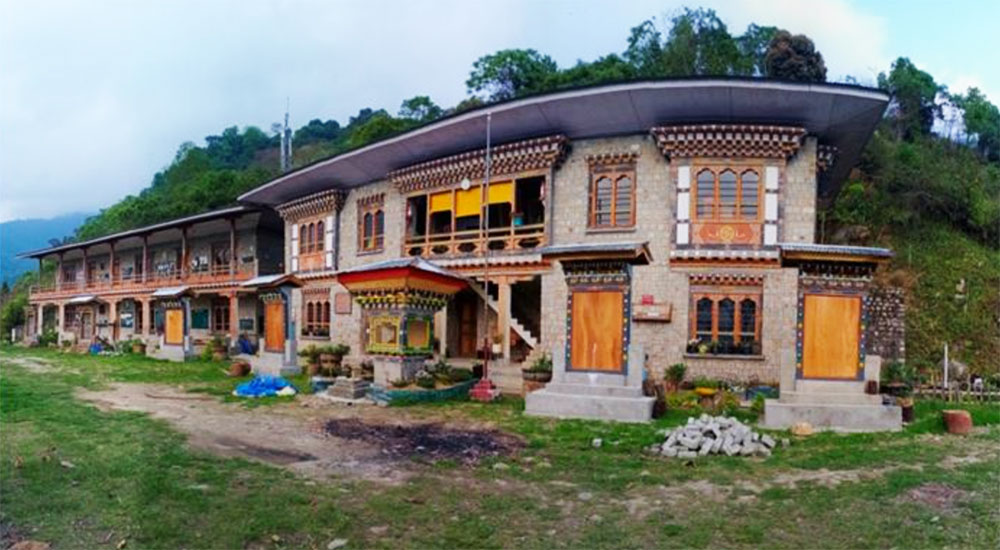Local leaders call for change in policy
Choki Wangmo | Dagana
Of 26 schools in Dagana, seven primary schools have been functioning without principals for years. This, according to local government officials and teachers, has created issues and gaps in implementing school activities and hampered decision-making.
Khebisa Mangmi Nidup Tshering said that it has been two years since the principal of Phekoma Primary School in the gewog was transferred. Without a principal, he said that teachers reported inconvenience in carrying out their duties. “It could create administrative issues and miscommunication among teachers.”
He said that for proper school functioning, there should be a head appointed by the ministry instead of relying on officiating principals. He said that most of the seven teachers in the school were recent graduates.
“We need an experienced individual to head the school. We are worried how our children would be able to get proper education in such an environment,” he said.
Teachers, he said, had raised the issues to the gewog administration. “It is concerning.”
Other LG members echoed similar concerns at the recent Dzongkhag Tshogdu (DT).
Kana gewog mangi Sangay said that three schools in the gewog did not receive replacements after former principals superannuated. “To educate our children properly, we need experienced leaders.”
Tseza gup Phurba said that since Dagana is one of the remote dzongkhags, teachers did not like to serve for long and plan to leave at the soonest. He said that in the past tshogdus, DT members have ensured that before incoming principals were posted to the school, the outgoing principals were not relieved.
With such ongoing situations and challenges, many of the DT members questioned the government’s vision of narrowing the gap. “Is it that students in remote areas shouldn’t be properly educated?”
Another member said that if the college graduates were given the right training, the current challenges of shortage could be resolved. Many teachers in these schools shared frustration in carrying out their duties, he said.
One of the teachers in a primary school said that there was a significant difference in the functioning of the school. “Without a principal, the working environment is altered. Often, no one is willing to listen to anyone.”
She said that without a principal, the school loses the balance in carrying out academic and curricular activities. “There were issues in the school, which we resolved internally. There is also no transparency in working.”
Dagana’s chief education officer Tshewang Penjor said that the ministry announced positions for principals earlier this year, but did not get candidates. The appointments in some schools were delayed due to the pandemic.
He said: “Many are young but they are capable. The dzongkhag did not receive any formal complaints.”
According to the education ministry’s interim policy guideline, he said that primary schools with less than 100 students are not eligible for a principal.
Most of the schools without principals did not have 100 students. For example, Nimtola Primary School has 76 students, 92 students in Lhaling, and 72 in Pangserpo.
However, DT members said that the policy should be reviewed to adapt to changing times. “Does the policy mean that students in rural places are not important?”, one DT member asked.
Dagana Dzongdag Duba said that the decision was with the education ministry. The issue, he said, exists across the primary schools in the country. “There are 500 schools in the country but only about 300 principals.”
Edited by Tshering Palden


